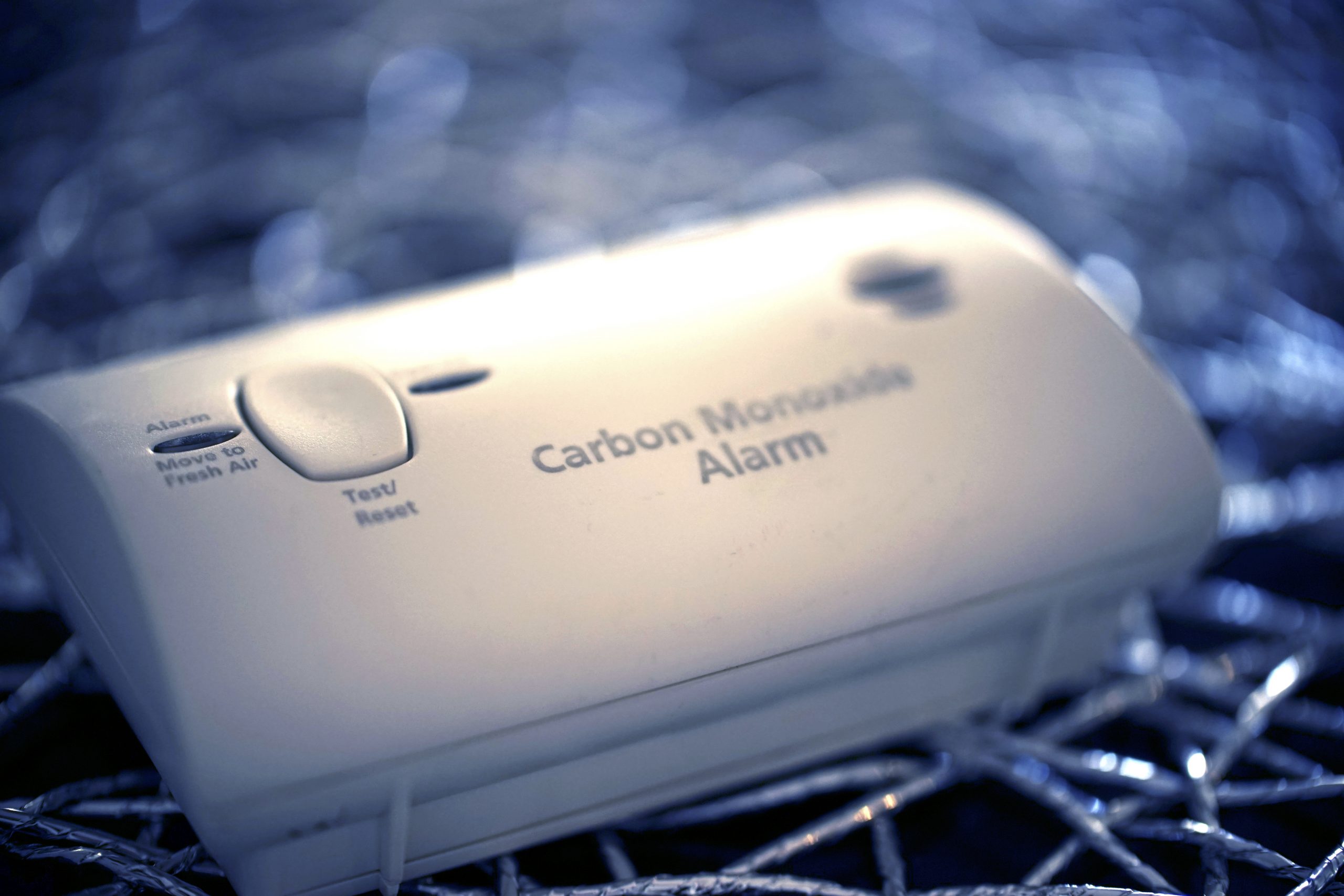Carbon monoxide poisoning – six symptoms of silent killer that's notoriously difficult to spot


A staggering 82 per cent of Brits are putting their lives at risk by mistaking carbon monoxide poisoning for a more minor illness, such as a cold, flu or hangover.
This discovery came from Gas Safe Register's new Better Gas Safe Than Sorry campaign. 'These symptoms can be so similar to other illnesses,' says Jonathan Samuel, Chief Executive Officer at Gas Safe Register. 'As gas is invisible, tasteless and odourless – carbon monoxide poisoning can be notoriously difficult to detect.'
In fact, over 50 people die each year in the UK and thousands more are hospitalised because of CO poisoning. Worried you're at risk?
Here's everything you need to know:
The six main signs of carbon monoxide poisoning
- Headaches
- Dizziness
- Breathlessness
- Nausea
- Collapse
- Loss of consciousness
How does carbon monoxide affect adults, children and pets?
'Symptoms can develop gradually over time or hit you suddenly as it’s very much dependent on the levels of exposure to the gas,' says Jonathan. 'Children and pets, as they are smaller, tend to feel the effects first so it is of even greater importance for the whole family to be carbon monoxide aware.'
The Better Gas Safe Than Sorry survey found that only 18 per cent of us are likely to consider carbon monoxide poisoning as a possible cause of headaches and nausea.
How to tell if you have a leak
Don't have a carbon monoxide alarm? 'If you suspect a CO leak, we advise you to check your gas appliances for any warning signs. These include lazy yellow flames instead of crisp blue ones, black sooty marks or stains on or around the appliance and high levels of condensation in the room,' says Jonathan.
GoodtoKnow Newsletter
Parenting advice, hot topics, best buys and family finance tips delivered straight to your inbox.
READ MORE: First aid for babies and children: Everything you need to know about paediatric first aid

Don’t delay in getting help
'If you suspect carbon monoxide poisoning, immediately get some fresh air and leave the house as quickly as possible,” says Jonathan. “See a doctor and, if you are very unwell, call 999 for an ambulance. The National Gas Emergency Helpline is also available 24/7 on 0800 111 999.'
Staying safe
'We advise you to have your gas appliances safety checked every year by a Gas Safe registered engineer,' says Jonathan. "And ensure you have audible CO alarms fitted.' But make sure you have them properly done. 'Fit the alarms in accordance with the manufacturer’s instructions, or your Gas Safe registered engineer will be able to advise,' says Jonathan.

Faye M Smith is a Senior Health And Lifestyle writer working across Woman & Home, Feel Good You, Woman’s Own and Woman magazine. Having gained an NCTJ postgraduate diploma, Faye has worked for 15 years in journalism, covering a range of lifestyle topics for companies including the BBC, Press Association, News UK and Hachette.